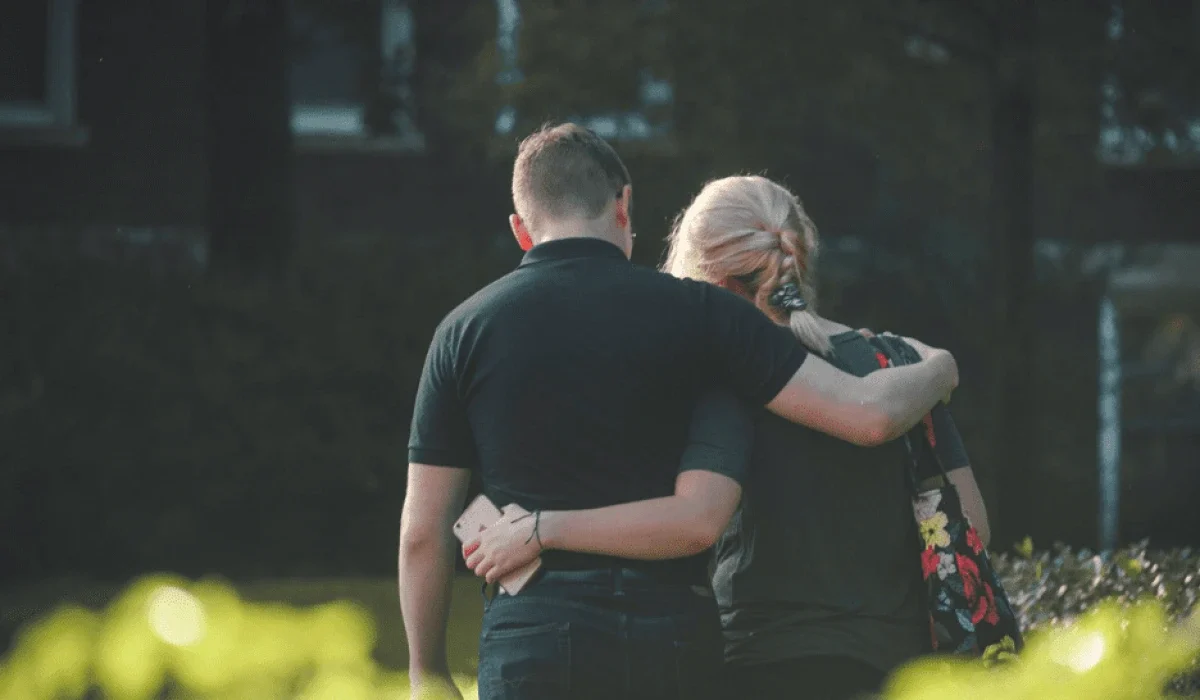Imagine living a life where you feel exhausted all the time, unable to enjoy everyday events or things that have brought a lot of happiness to your life.
That is what PTSD is like for many people.
They are unable to shake them off. It is persistent stress that sometimes happens with no triggers. PTSD is not something you can turn off at will. It lingers long in the mind and body, affecting their lives.
PTSD can affect even the most resilient of us. Trauma may involve everything from witnessing an active shooting in a public place to narcissistic violence in an intimate relationship. PTSD is also associated with aggressive or dangerous incidents, such as physical or sexual assault, war, natural disasters, and horrible accidents. On average, 7 out of 100 people will continue to experience symptoms associated with PTSD.
People can also experience PTSD in circumstances that are less directly abusive but still stressful. Intrusive thoughts and memories of trauma and being on the verge combine to cause difficulties in focusing.
How a person may experience PTSD depends on many variables, including temperament, background, and individual resilience. Oftentimes, people with PTSD may end up adversely affecting their relationships.
For a person with PTSD, unresolved trauma can come out through physical touch, memories, emotions, and other senses like smell.
Understanding the Effects of PTSD
Environmental Triggers
When a person becomes triggered and has an episode such as shouting or punching drywall, they are usually not aware that their response is to unresolved trauma. They may look at their surroundings or the people around them as a source and blame them.
Avoidance
PTSD can cause the person to feel insensitive and in severe circumstances, may lead to the person’s dissociation (i.e. not feeling related or thinking the world is unreal). It is very problematic for a person to stay present at this stage with their symptoms.
Hypervigilance
This shows up as needing to be constantly on watch and being unable to relax, which fills the body with stress hormones, causing physical health issues. They may have difficulties with sleeping and focusing that can adversely affect their relationships.
False Sense Of Reality
A person may look at this world through a skewed perspective and hold onto negative beliefs such as ‘The world is dangerous’ or ‘I am a bad person’. That can undermine their connections. Negative convictions end up serving as self-fulfilling prophecies and sabotage any relationship.
Negative Moods
They may show negative changes in cognition and mood that have begun or deteriorated following the traumatic incident. They cannot recall main moments in a traumatic incident, which is called dissociative amnesia. They always have feelings, such as fear, anger, guilt, or shame.
They no longer show interest in previously enjoyable hobbies, and they may feel isolated, disconnected, or depressed. Worst, they are unable to feel good emotions like joy, affection, and happiness.
Keeping Health Relationships
PTSD can wreak havoc in close relationships. A person with PTSD might not always be in control of their behaviors. Their nervous system is “stuck” in a persistent warning state. This can give rise to frustration, irritability, depression, distrust, and other symptoms of PTSD. Friends and family may avoid being around you because of your attitude and mood. However, with the right help from therapists, friends, and family, your loved one can become “unstuck” and hopefully move on from the traumatic event.
The first step in preventing PTSD impacting relationships negatively is to become aware of the symptoms and causes. Some people who deal with post-traumatic stress may use risky coping mechanisms such as alcohol addiction or self-harm. Whether you’re transparent or honest with your loved ones, they can also feel remorse that they can’t support you or make it easier that can bring an end to romantic relationships.
If you need professional help, contact Wake Counseling as our therapists can help you regain control of your emotions, mood, enjoy life and relationships with minimal trauma effects. A clear conversation about trauma is important for the healing process. It would be helpful for you to speak to a therapist if you experience symptoms for more than a month. Seeing a therapist will change poor coping, and replace it with hope and healthy patterns.
For more information or schedule appointment online please our PTSD treatment page or call us at 919-647-4600


